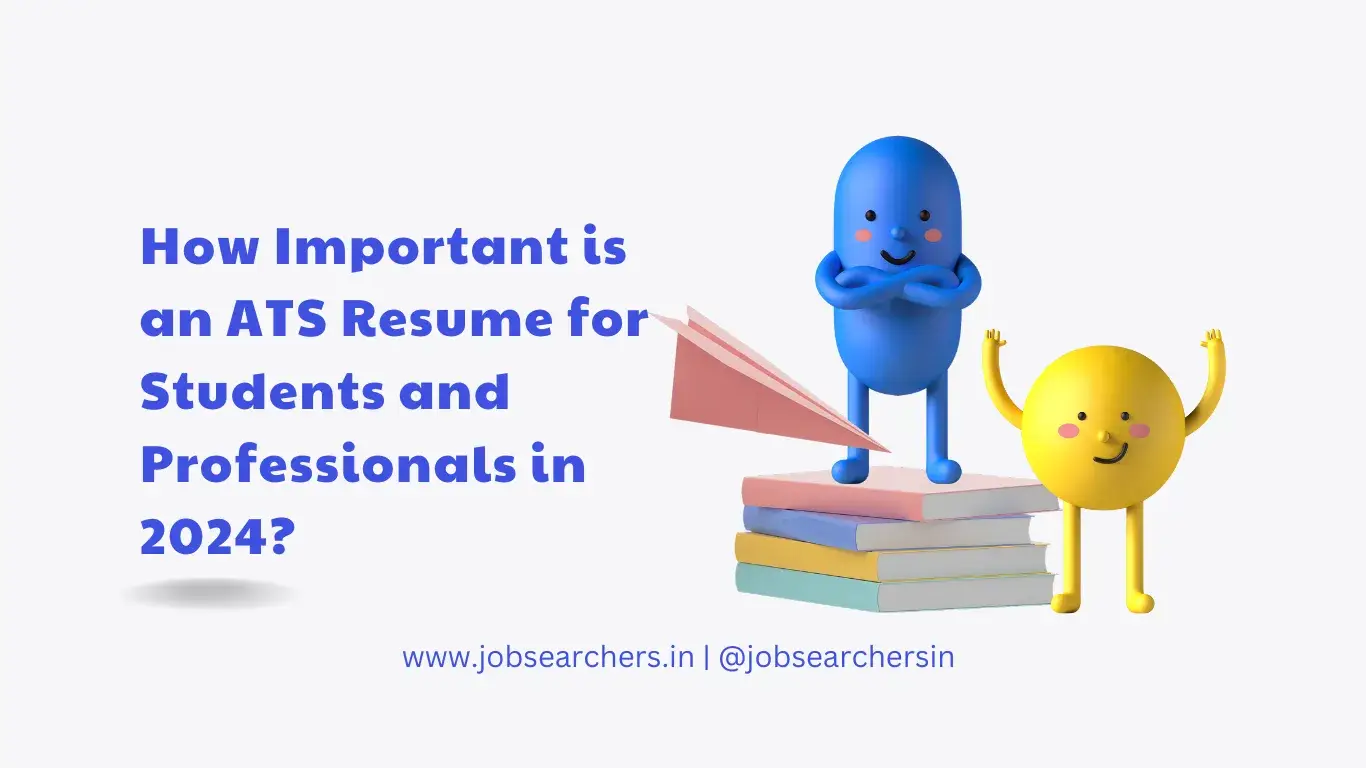Introduction to AI and Its Evolution
Artificial Intelligence (AI) refers to the simulation of human intelligence in machines that are programmed to think and act like humans. These intelligent systems are designed to perform tasks that typically require human intelligence, such as visual perception, speech recognition, decision-making, and language translation. The evolution of AI has been a fascinating journey, marked by significant milestones that have progressively enhanced its capabilities.
The concept of AI dates back to ancient myths and stories, but it wasn’t until the mid-20th century that the field began to take shape. In 1956, the term “artificial intelligence” was officially coined during the Dartmouth Conference, which is considered the birth of AI as an academic discipline. Early efforts in AI focused on symbolic methods and problem-solving, leading to the development of the first AI programs and the establishment of foundational theories.
Throughout the decades, AI has evolved through various phases. The 1960s and 1970s saw the rise of expert systems, which were designed to mimic the decision-making abilities of human experts. The 1980s introduced machine learning, where systems could learn from data and improve over time without explicit programming. The advent of the internet in the 1990s and the subsequent explosion of data in the 2000s paved the way for deep learning, a subset of machine learning that utilizes neural networks to analyze vast amounts of unstructured data.
AI can be categorized into three types based on its capabilities: narrow AI, general AI, and superintelligent AI. Narrow AI, also known as weak AI, is specialized in performing specific tasks and is the most prevalent form today. General AI, or strong AI, aims to replicate human cognitive abilities across various domains, though it remains largely theoretical. Superintelligent AI represents an intelligence that surpasses human capabilities, posing both opportunities and existential risks.
Understanding the historical development and different types of AI is crucial for grasping its current and future impact on the job market. As AI continues to advance, its influence on industries and employment will only grow, necessitating a deeper exploration of both its transformative potential and the new opportunities it presents.
AI in Manufacturing: Automation and Efficiency
Artificial Intelligence (AI) is significantly altering the landscape of the manufacturing sector by automating repetitive tasks and enhancing operational efficiency. One of the forefront applications of AI in manufacturing is the use of robotics. Advanced robotic systems equipped with AI capabilities can perform tasks with precision and consistency that far exceed human ability. These systems streamline assembly lines, reducing production times and minimizing errors.
Predictive maintenance is another critical area where AI is making substantial strides. Traditional maintenance schedules often lead to unnecessary downtimes or unexpected equipment failures. AI-driven predictive maintenance uses data and machine learning algorithms to predict when machinery is likely to fail or require servicing. This proactive approach not only extends the lifespan of equipment but also ensures uninterrupted production cycles and optimal performance.
Quality control systems have also seen a remarkable transformation due to AI. Conventional quality control methods are labor-intensive and prone to human error. AI-powered quality control systems utilize computer vision and machine learning to inspect products in real-time, identifying defects with unparalleled accuracy. These systems ensure that only products meeting the highest quality standards reach consumers, thereby reducing waste and increasing customer satisfaction.
The integration of AI in manufacturing is not without its impact on the job market. There is a discernible decline in traditional manufacturing roles as automation takes over routine tasks. However, this shift is accompanied by the creation of new job opportunities in AI oversight and maintenance. These roles require a blend of technical skills and expertise in AI systems, leading to a demand for a more skilled workforce. Training and reskilling programs are becoming essential to prepare workers for these new roles, ensuring they can effectively manage and maintain sophisticated AI-driven machinery.
Overall, AI in manufacturing is paving the way for a more efficient and innovative industry. While it transforms traditional job roles, it also opens the door to new career opportunities, reflecting the dynamic nature of technological advancement.
AI in Healthcare: Enhanced Patient Care and Administrative Efficiency
Artificial Intelligence (AI) is revolutionizing the healthcare sector, offering transformative improvements in both patient care and administrative efficiency. One of the most notable advancements is in the realm of diagnostics. AI-driven medical imaging tools are now capable of analyzing scans with remarkable accuracy, often detecting abnormalities that might be missed by the human eye. These tools are invaluable in early diagnosis of conditions like cancer, where timely intervention can significantly improve patient outcomes.
Beyond diagnostics, AI is making personalized treatment plans more attainable. Machine learning algorithms can analyze vast databases of medical records to identify patterns and predict the most effective treatment options for individual patients. This approach not only enhances the precision of treatments but also reduces the trial-and-error nature of traditional methods, leading to quicker recoveries and better overall health management.
Virtual health assistants are another AI application gaining traction. These AI-powered systems provide round-the-clock support, answering patient queries, scheduling appointments, and even monitoring vital signs remotely. By automating these routine tasks, healthcare providers can focus more on direct patient care, enhancing the overall patient experience.
Predictive analytics is yet another burgeoning field within healthcare AI. By analyzing historical data, predictive models can forecast disease outbreaks, hospital admission rates, and patient readmission probabilities. This foresight allows healthcare facilities to allocate resources more efficiently, ensuring they are better prepared to handle patient influxes.
The integration of AI in healthcare is also creating new job roles. Positions such as data analysts, AI specialists, and telemedicine professionals are emerging as critical components of the healthcare ecosystem. Data analysts are needed to interpret the vast amounts of data generated by AI tools, while AI specialists develop and maintain these sophisticated systems. Telemedicine professionals facilitate remote consultations, bridging the gap between patients and healthcare providers in a digital landscape.
In summary, AI is not only enhancing patient care and administrative efficiency but also paving the way for new career opportunities in healthcare. As AI continues to evolve, its impact on the healthcare sector is expected to grow, further transforming the industry.
AI in Finance: Risk Management and Customer Service
The financial sector has been significantly transformed by the integration of artificial intelligence (AI), particularly in areas such as risk management, fraud detection, and customer service. AI technologies have enabled banks and financial institutions to enhance their operational efficiency and deliver more personalized services to their customers. One of the most notable applications of AI in finance is in the realm of risk management. Machine learning algorithms are now being utilized to analyze vast amounts of data and identify potential risks more accurately and swiftly than traditional methods. These algorithms can assess creditworthiness by analyzing a multitude of variables, including transaction history, social behavior, and even geolocation data, allowing for more nuanced and precise credit scoring.
Fraud detection is another critical area where AI has made significant inroads. Advanced machine learning models can detect unusual patterns and anomalies in real-time, flagging potentially fraudulent activities much faster than human analysts. This not only helps in reducing financial losses but also enhances the overall security framework of financial institutions. AI’s ability to process and analyze large datasets ensures that potential risks are identified at an early stage, enabling preemptive action to mitigate them.
In the domain of customer service, AI-powered chatbots and virtual assistants have become increasingly prevalent. These AI-driven tools can handle a wide range of customer inquiries, from simple balance checks to more complex financial advice, providing instant responses and support 24/7. This not only improves customer satisfaction but also allows human customer service representatives to focus on more complex and high-value tasks. The implementation of AI in customer service has led to a more efficient allocation of human resources, optimizing service delivery.
The adoption of AI in finance has also influenced employment patterns within the industry. There is a growing demand for data scientists, AI specialists, and cybersecurity experts as financial institutions seek to leverage AI technologies for competitive advantage. These roles require a unique blend of skills, including proficiency in machine learning, data analytics, and software engineering. As AI continues to evolve, the financial sector will likely see an increasing need for professionals who can develop, implement, and maintain these sophisticated systems, ushering in new opportunities and career paths.
AI in Retail: Personalization and Inventory Management
Artificial Intelligence (AI) is revolutionizing the retail industry, significantly enhancing personalization and inventory management. One of the most impactful applications of AI in retail is the development of recommendation engines. By analyzing customer data and behavior patterns, these engines provide personalized product suggestions, thereby elevating the shopping experience. Amazon and Netflix are classic examples of companies that leverage AI recommendation systems to boost customer satisfaction and loyalty.
In addition to personalization, AI plays a crucial role in demand forecasting and inventory management. Advanced algorithms can predict customer demand with high accuracy, enabling retailers to optimize stock levels and reduce instances of overstocking or stockouts. This not only minimizes waste but also ensures that customers find the products they need when they need them. Retail giants like Walmart and Zara employ AI-driven inventory management systems to streamline their supply chains and enhance operational efficiency.
Automated checkout systems are another significant AI-driven innovation in retail. These systems utilize computer vision and machine learning to facilitate seamless and quick transactions, reducing wait times and improving the overall customer experience. Amazon Go stores, for instance, use AI technology to allow customers to shop and leave without the need for traditional checkout lines.
The integration of AI in retail is also creating new job opportunities. Positions in AI development, such as data scientists and machine learning engineers, are in high demand. Additionally, roles focusing on customer experience management and logistics are evolving to incorporate AI tools and technologies. While some traditional retail jobs may be displaced, the overall effect is a shift towards more technologically advanced and specialized roles.
In conclusion, AI is reshaping the retail landscape by offering personalized shopping experiences and optimizing inventory management. The technology not only enhances operational efficiency but also creates new opportunities in the job market, driving the industry towards a more innovative and customer-centric future.
AI in Education: Adaptive Learning and Administrative Tasks
Artificial Intelligence (AI) is revolutionizing the education sector by enhancing learning experiences and streamlining administrative tasks. One of the most significant advancements is the development of adaptive learning platforms. These platforms utilize AI algorithms to tailor educational content to each student’s unique needs, learning pace, and abilities. By analyzing data from student interactions, adaptive learning systems can provide personalized recommendations, thus promoting more effective learning outcomes.
Another area where AI is making a substantial impact is in automated grading systems. These systems use natural language processing and machine learning techniques to evaluate student assignments and provide instant feedback. Automated grading not only saves time for educators but also ensures a consistent and unbiased assessment of student performance. This efficiency allows teachers to focus more on interactive and engaging teaching methods, rather than being bogged down by repetitive grading tasks.
AI-driven student support services are also transforming the educational landscape. Chatbots and virtual assistants are being employed to provide 24/7 academic support, answer student queries, and assist with administrative processes such as course registration and scheduling. These AI tools help create a more responsive and supportive learning environment, catering to the needs of students at any time.
The integration of AI in education is also opening up new job opportunities. There is a growing demand for professionals in educational technology development, who can design and implement AI-driven learning solutions. Additionally, instructional designers are needed to create curricula that leverage these advanced technologies. By fostering a synergy between technology and education, AI is not only transforming traditional teaching methods but also paving the way for innovative career paths in the educational sector.
Emerging Job Roles and Skills in the Age of AI
The integration of artificial intelligence (AI) into various industries is not only transforming existing job roles but also creating entirely new ones. As businesses and organizations increasingly adopt AI technologies, there is a growing demand for specialized positions that can harness and oversee these advancements. Key emerging job roles in this era include AI ethicists, machine learning engineers, data scientists, and AI trainers.
AI ethicists are becoming crucial as the deployment of AI systems raises complex ethical questions. They focus on ensuring that AI technologies are developed and used responsibly, taking into account issues such as bias, fairness, and transparency. AI ethicists must possess a strong understanding of both technology and ethics, requiring a blend of skills in philosophy, law, and computer science.
Machine learning engineers are at the forefront of AI development, responsible for designing and implementing algorithms that enable machines to learn from data. This role demands proficiency in programming languages such as Python and R, as well as a deep understanding of statistical methods and data modeling. Machine learning engineers must also be adept at problem-solving and critical thinking to create efficient and effective AI systems.
Data scientists play a pivotal role in analyzing and interpreting complex data sets to drive decision-making processes. Their expertise lies in extracting meaningful insights from vast amounts of data, which can then be used to inform AI models and business strategies. Key skills for data scientists include data mining, statistical analysis, and machine learning, along with strong programming capabilities and domain knowledge.
AI trainers are responsible for teaching AI systems how to perform specific tasks by feeding them large amounts of labeled data. This role requires a detailed understanding of the subject matter being taught to the AI, as well as proficiency in data labeling and preprocessing techniques. AI trainers must work closely with data scientists and machine learning engineers to ensure the accuracy and relevance of the training data.
In addition to technical skills, professionals in these emerging roles must also prioritize ethical considerations in AI deployment. Understanding the societal impact of AI and ensuring its equitable use are paramount. As the AI landscape continues to evolve, the demand for these specialized skills and roles will only increase, underscoring the need for a workforce that is both technically proficient and ethically conscious.
Preparing for the Future: Upskilling and Lifelong Learning
As artificial intelligence continues to reshape the job market, the importance of upskilling and lifelong learning has never been greater. For individuals and organizations alike, staying competitive means continuously adapting to new technologies and evolving job requirements. Upskilling involves acquiring new skills that complement existing expertise, enabling professionals to take on advanced roles and responsibilities. In an AI-driven landscape, this can range from learning data analysis and machine learning to understanding the ethical implications of AI deployment.
Continuous education is a cornerstone of this transformation. It ensures that individuals remain relevant and can pivot within their careers as needed. Online courses offer a flexible and accessible way to gain new knowledge. Platforms such as Coursera, edX, ednbox and Udacity provide a plethora of courses covering various aspects of AI and related technologies. These platforms often collaborate with leading universities and industry experts, ensuring high-quality content that is up-to-date with current trends.
Certifications are another valuable resource. They offer a formal recognition of skills acquired and can significantly enhance a professional’s credibility. Certifications from institutions like Stanford University, MIT, and industry leaders such as Google and Microsoft are particularly well-regarded. Additionally, professional development programs tailored to specific industries can help bridge the gap between current competencies and future job requirements.
Organizations also play a critical role in fostering a culture of continuous learning. By investing in employee development, companies can ensure that their workforce remains capable and innovative. This can be achieved through internal training programs, partnerships with educational institutions, and providing access to online learning resources. Encouraging employees to pursue professional development not only benefits the organization but also boosts employee morale and retention.
In conclusion, navigating the evolving job market necessitates a proactive approach to learning and development. By prioritizing upskilling and lifelong learning, both individuals and organizations can thrive amidst the advancements brought by artificial intelligence.
We are hiring for multiple job opportunities, Apply now before deadline



